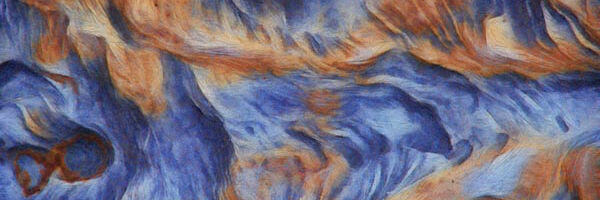
Ross Andersen writes: One crisp day last March, Harvard professor John Kovac walked out of his office and into a taxicab that whisked him across town, to a building on the edge of the MIT campus. People were paying attention to Kovac’s comings and goings that week. He was the subject of a fast-spreading rumour. Kovac is an experimental cosmologist midway through the prime of a charmed career. He did his doctoral work at the University of Chicago and a postdoc at Caltech before landing a professorship at Harvard. He is a blue chip. And since 2009, he has been principal investigator of BICEP2, an ingenious scientific experiment at the South Pole.
Kovac had come to MIT to visit Alan Guth, a world-renowned theoretical cosmologist, who made his name more than 30 years ago when he devised the theory of inflation. Guth told Kovac to take the back steps up to his office, to avoid being seen. If Guth’s colleagues caught a glimpse of the two men talking, the whispers swirling around Kovac would have swelled to a roar.
The science of cosmology has achieved wonders in recent centuries. It has enlarged the world we can see and think about by ontological orders of magnitude. Cosmology wrenched the Earth from the centre of the Universe, and heaved it, like a discus, into its whirling orbit around one unremarkable star among the billions that speed around the black-hole centre of our galaxy, a galaxy that floats in deep space with billions of others, all of them colliding and combining, before they fly apart from each other for all eternity. Art, literature, religion and philosophy ignore cosmology at their peril.
But cosmology’s hot streak has stalled. Cosmologists have looked deep into time, almost all the way back to the Big Bang itself, but they don’t know what came before it. They don’t know whether the Big Bang was the beginning, or merely one of many beginnings. Something entirely unimaginable might have preceded it. Cosmologists don’t know if the world we see around us is spatially infinite, or if there are other kinds of worlds beyond our horizon, or in other dimensions. And then the big mystery, the one that keeps the priests and the physicists up at night: no cosmologist has a clue why there is something rather than nothing. [Continue reading…]

